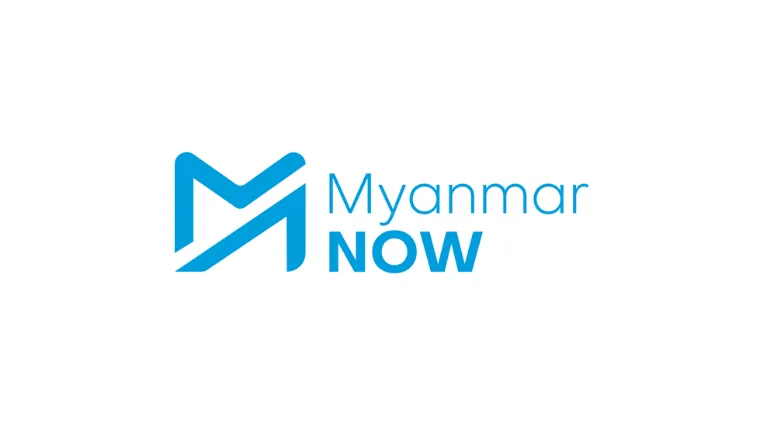Civil society groups demand investigation into UN envoy’s alleged conflicts of interest
19 March 2025

More civil society groups are calling for an investigation into the apparent conflicts of interest of the United Nations Special Envoy on Myanmar, Julie Bishop, after it emerged last week that she was advising a controversial China-linked rare-earth mining company.
In an open letter to United Nations Secretary-General Antonio Guterres and the UN General Assembly, 260 Myanmar and international civil society organisations joined activist group Justice For Myanmar (JFM) in criticising Bishop’s various business engagements, including her involvement with Energy Transition Minerals (ETM), an Australian-listed mining company.
One key ETM partner is Shenghe Resources, a Chinese rare earths conglomerate that holds a nine percent stake in ETM and has a seat on its board. Shenghe Resources has played a significant role in rare earth mining in Myanmar, a sector tied to environmental degradation and alleged funding of Myanmar’s military.
The open letter, which was signed by JFM and other groups including Progressive Voice, Women’s League of Burma, and the Burmese Rohingya Organisation UK, also called on the UN General Assembly to end the special envoy’s mandate and for the secretary-general to take the lead in addressing the Myanmar crisis.
Bishop was appointed to the role last April, more than a year after her predecessor, Singaporean diplomat Noeleen Heyzer, faced a major backlash for taking what was seen as a conciliatory approach to the junta following a meeting with the regime’s leader, Senior-General Min Aung Hlaing, in August 2022.
“The Special Envoy’s conflicts of interest are the latest reminder that the UN’s decades of peace-brokering attempts through special envoys and ‘dialogues’ have produced absolutely no meaningful, positive change for the people of Myanmar. Instead, this ongoing approach continues to embolden the junta to commit atrocity crimes with complete impunity and harm the people of Myanmar,” the groups wrote.
In response to the open letter, Farhan Aziz Haq, a spokesman for Guterres, said that Bishop informs the UN about her outside activities.
“The Secretary-General has full confidence in his Special Envoy and in the work she does,” he said.
Naw Aung from the civil society group Defend Myanmar Democracy, which also signed the open letter, said that civil society had lost trust in the UN Special Envoy.
“We don’t have confidence in Julie Bishop. She is connected to Chinese state interests and China is interfering in Myanmar. How can we possibly have faith that Julie Bishop would then act in our interests?” he said.
This is not the first time Bishop has faced criticism for her role in senior positions at high level institutions.
According to The Australian Financial Review, Bishop, who is also chancellor of the Australian National University (ANU), spent US$95,000 on travel in 2024, while her Perth-based office racked up $391,360 in expenses, causing a stir with the Australian public.
More recently, an Australian trade union has been moving forward with a vote of no confidence on Bishop’s leadership at ANU. The National Tertiary Education Union is conducting an online vote that also targets ANU Vice-Chancellor Genevieve Bell.
Announcements
21 May 2025
Open letter: Malaysia must lead ASEAN with principle, not hypocrisy, to address the Myanmar crisis

Progressive Voice is a participatory rights-based policy research and advocacy organization rooted in civil society, that maintains strong networks and relationships with grassroots organizations and community-based organizations throughout Myanmar. It acts as a bridge to the international community and international policymakers by amplifying voices from the ground, and advocating for a rights-based policy narrative.